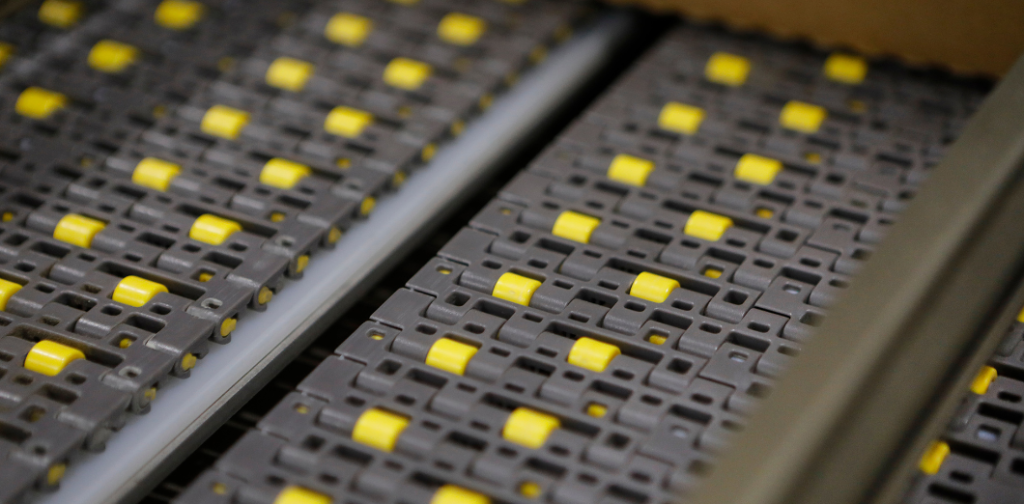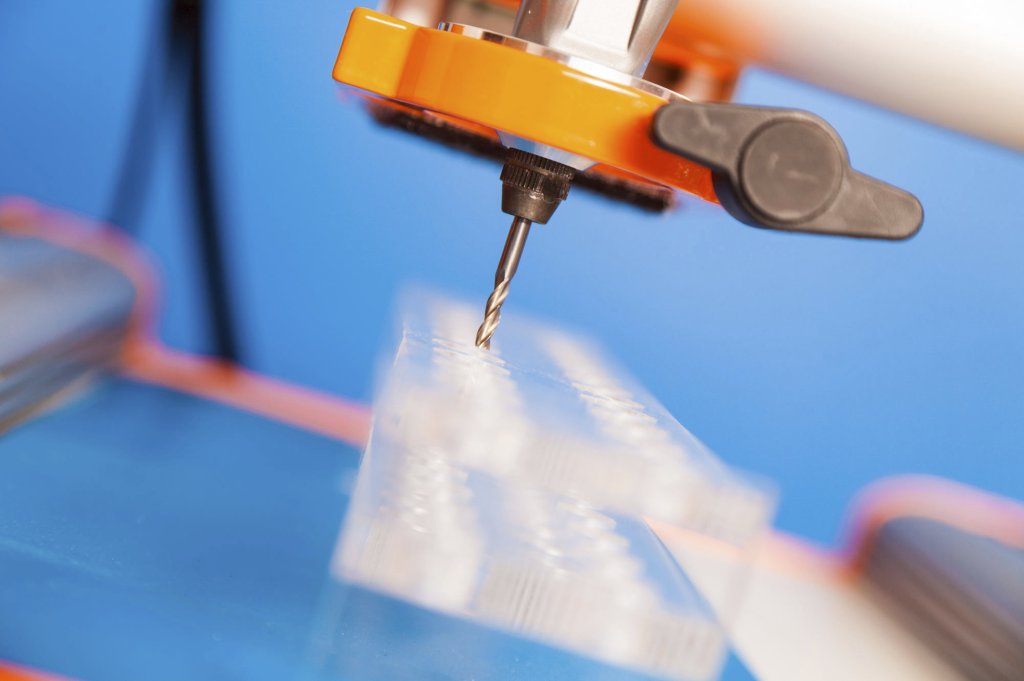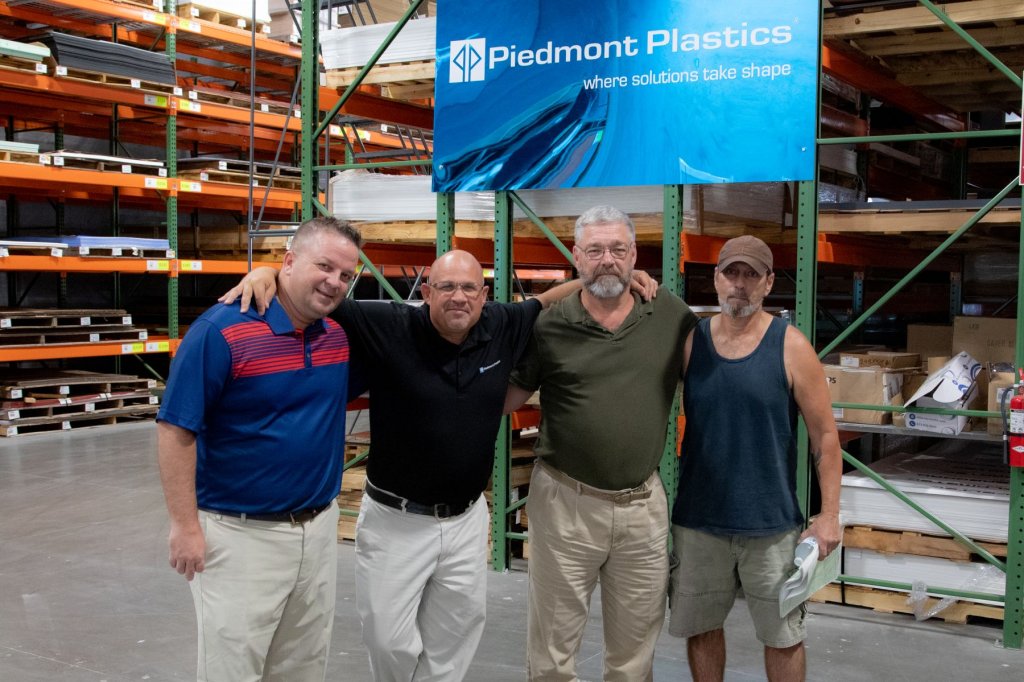Why Designers Are Choosing Plastics
In industrial design, the right material doesn’t just support a product; it defines it. Every smooth-edged device, sculpted chair, or precision-fit medical tool starts with a decision about what it’s made of. More and more, that decision leads to plastic. No longer just a cost-cutting substitute, plastic has evolved into a design powerhouse combining strength, flexibility, and style in ways traditional materials can’t. From the cockpit of a next-gen electric vehicle to the glow of a minimalist lamp, plastics are quietly shaping the products that shape our lives.
At Piedmont Plastics, we see firsthand how designers and engineers across industries push boundaries with these materials. Here's a closer look at where plastics thrive, what makes them so effective, and how the latest trends shape their future.


An Expert is just around the corner.
With over 100 years of combined product knowledge and industry experience, we are confident our plastics experts can help you find a solution for your application.
Where Plastics Make an Impact
Plastics play a major role in industrial design, offering performance, versatility, and aesthetic appeal across various industries. While they’re found virtually everywhere, a few sectors stand out for their particularly creative and functional use of plastic materials.
Here’s how plastics are making an impact in four major areas:
-
🚘 Automotive
Lightweight plastics like ABS, polycarbonate, nylon, and acetal are used for dashboards, door panels, gears, housings, and more, cutting vehicle weight while maintaining strength and performance.
-
🛜 Consumer Electronics
Plastics provide smartphones, laptops, and wearables with impact-resistant, sleek exteriors and insulating support structures. As such, materials like ABS and polycarbonate are favored for their moldability and signal transparency.
-
⚕️ Medical and Healthcare
Clear polycarbonate, polypropylene, and custom thermoplastics are essential for safe, hygienic devices like ventilators, trays, tubing, and patient-fitted prosthetics.
-
🪑 Furniture and Home Goods
HDPE offers unmatched durability for outdoor pieces, while acrylic and polypropylene allow for the creation of eye-catching indoor furniture in forms and finishes rivaling traditional materials.
Material Strength Meets Design Freedom
The core strength of plastics lies in their ability to meet diverse technical requirements while staying highly moldable and visually flexible, a rare combination.
Designers turn to plastics when they need lightweight yet tough, chemically resistant yet attractive parts. For example, polycarbonate delivers impact strength 200 times greater than glass while offering crystal-clear transparency. Nylon provides mechanical strength, abrasion resistance, and a low-friction surface, making it ideal for moving parts and wear components.
Formability is another major draw. With plastics, designers aren’t limited by traditional fabrication constraints. Intricate geometries, smooth contours, and integrated components are not only possible, but they’re also often more cost-effective. Additionally, injection molding, thermoforming, and CNC machining allow mass production of highly detailed parts with minimal finishing required.
This flexibility also opens up creative opportunities. Whether creating an ultra-minimalist light fixture or a rugged outdoor enclosure, plastic allows you to sculpt, color, and texture every surface to fit your vision.
Color, Texture, and Transparency
Plastics offer a unique combination of performance and aesthetics, allowing designers to create visually compelling products without extra finishing steps.
Here’s how plastics stand out when it comes to looks:
Molded-In Color: Plastics can be produced in virtually any shade, eliminating the need for paint. For instance, HDPE can retain vibrant outdoor colors for years thanks to built-in UV protection.
Varied Finishes: Plastics like ABS can be textured or polished directly in the mold for a soft-touch matte feel or a high-gloss surface.
Premium Effects: Polished acrylic provides a glass-like sheen, while vacuum metalized polycarbonate can deliver a chrome or mirror finish for high-end appeal.
Light Diffusion: Materials like frosted polycarbonate and light-diffusing acrylic enable backlighting, glowing edges, and illuminated control panels.
Texture and Tactility: Injection molding allows for subtle surface patterns that enhance grip and appearance, such as leather grain or brushed effects.
Consistent Branding: Built-in aesthetics make sure every unit looks exactly as intended, helping maintain a uniform brand identity across product lines.
How Sustainability Is Reshaping Plastics
Designers and manufacturers are also grappling with the environmental impact of plastic use. The good news is that the plastics industry is rapidly innovating in response.
Bioplastics and recycled polymers are entering mainstream design conversations. While they may not yet replace engineering-grade plastics in high-performance applications, they’re increasingly common in consumer packaging and low-load parts.
Recycled plastics are also gaining ground. Post-consumer recycled (PCR) PET and HDPE are used in everything from laptop housings to outdoor signage. Advances in sorting and processing have also improved quality and consistency, making PCR materials a viable alternative in many designs.
The Supplier’s Role in Innovation
Here’s how we help:
The Future Of Plastics
As materials science accelerates and sustainability moves from a trend to necessity, plastics are evolving fast. Tomorrow’s innovations will include recycled resins, bio-based options, and smart polymers that respond to heat, light, or pressure, offering designers unprecedented freedom to create and adapt.
Even now, plastics remain one of the most adaptable products in the industrial designer’s toolkit. They blend performance, cost-efficiency, and aesthetic flexibility in a way few other materials can match. Our team at Piedmont Plastics is here to fuel your design processes. From expert guidance to an unequalled selection of materials, we help you turn big ideas into tangible products. Find out more by getting in touch with us below!
Receive Further Insights
Not sure where to start with your project? Connect with our team today for specialized knowledge and support!
Consult With The Experts


